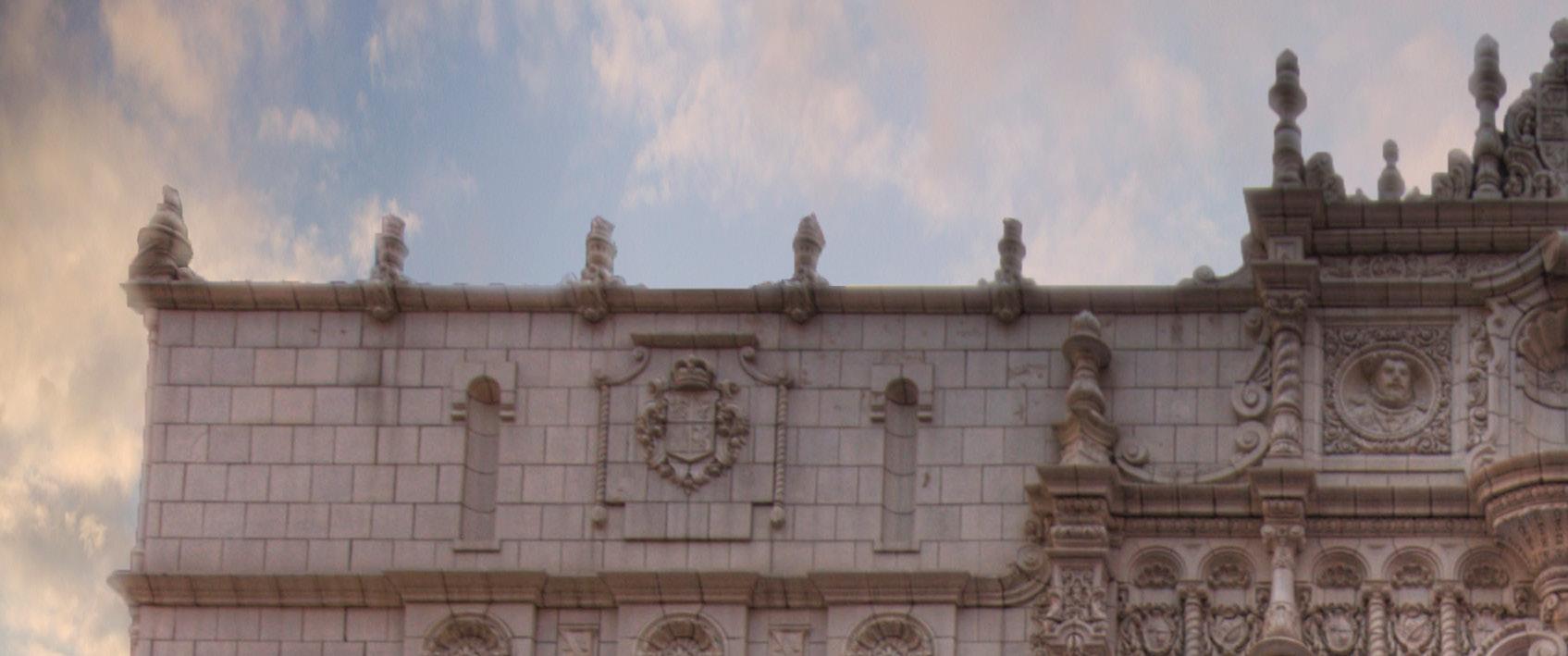
1 minute read
Land & Building Acknowledgment
ACKNOWLEDGING THE LAND
ACKNOWLEDGING OUR BUILDING’S HISTORY
Every community owes its existence and vitality to generations from around the world who contributed their hopes, dreams, and energy to making the history that led to this moment. Some were brought here or removed from here against their will, some were drawn to leave their distant homes in hope of a better life, and some have lived on this land for more generations than can be counted. Acknowledgment of the land which the IRT now occupies is critical to building mutual respect and connection across all barriers of heritage.
We want to acknowledge that what we now call Indiana is on the ancestral lands of many indigenous peoples including the Miami, Piankashaw, Wea, Potawatomi, Kickapoo, Delaware, and Shawnee. We pay respects to their elders past and present. Please take a moment to consider the many legacies of displacement, migration, violence, and settlement that bring us together here today.
This land acknowledgment was created in collaboration with Scott Shoemaker, PhD (Miami Tribe of Oklahoma). Portions of this acknowledgment come from the U.S. Department of Arts and Culture (usdac.us).
The Indiana Repertory Theatre moved to its current site on Washington Street in 1980, renovating and reopening a building that had been shuttered for nearly a decade.
The historic Indiana Theatre was built in 1927, a time when the shameful practice of racial segregation was the standard in movie theatres and public buildings across the United States. The Indiana Theatre building was originally segregated and at some point in its history this practice ceased. Many Indiana residents and their families’ heritage stories recall being treated as less than equal citizens in this building, with some even being barred from entering. We cannot erase this history.
We honor and respect all those who have faced discrimination and harm in this building. We strive every day to make the IRT a place that welcomes all people.







